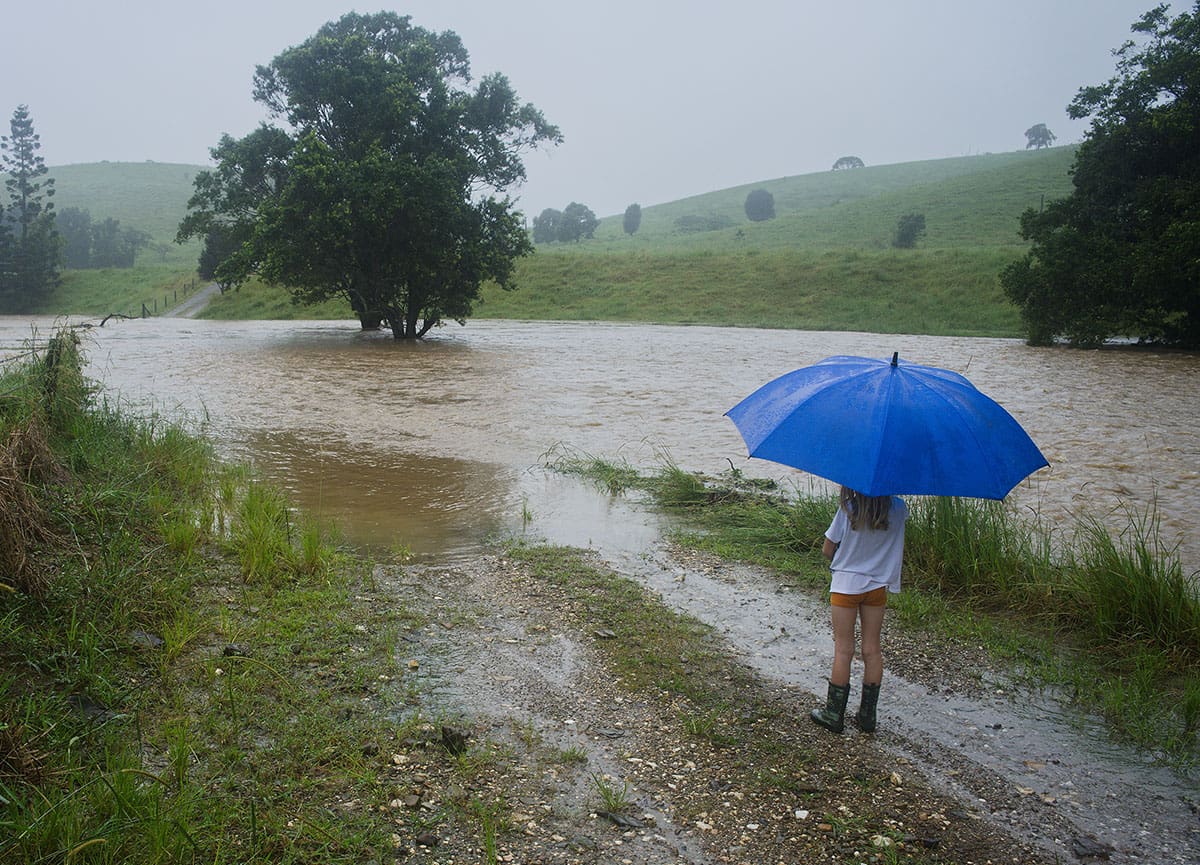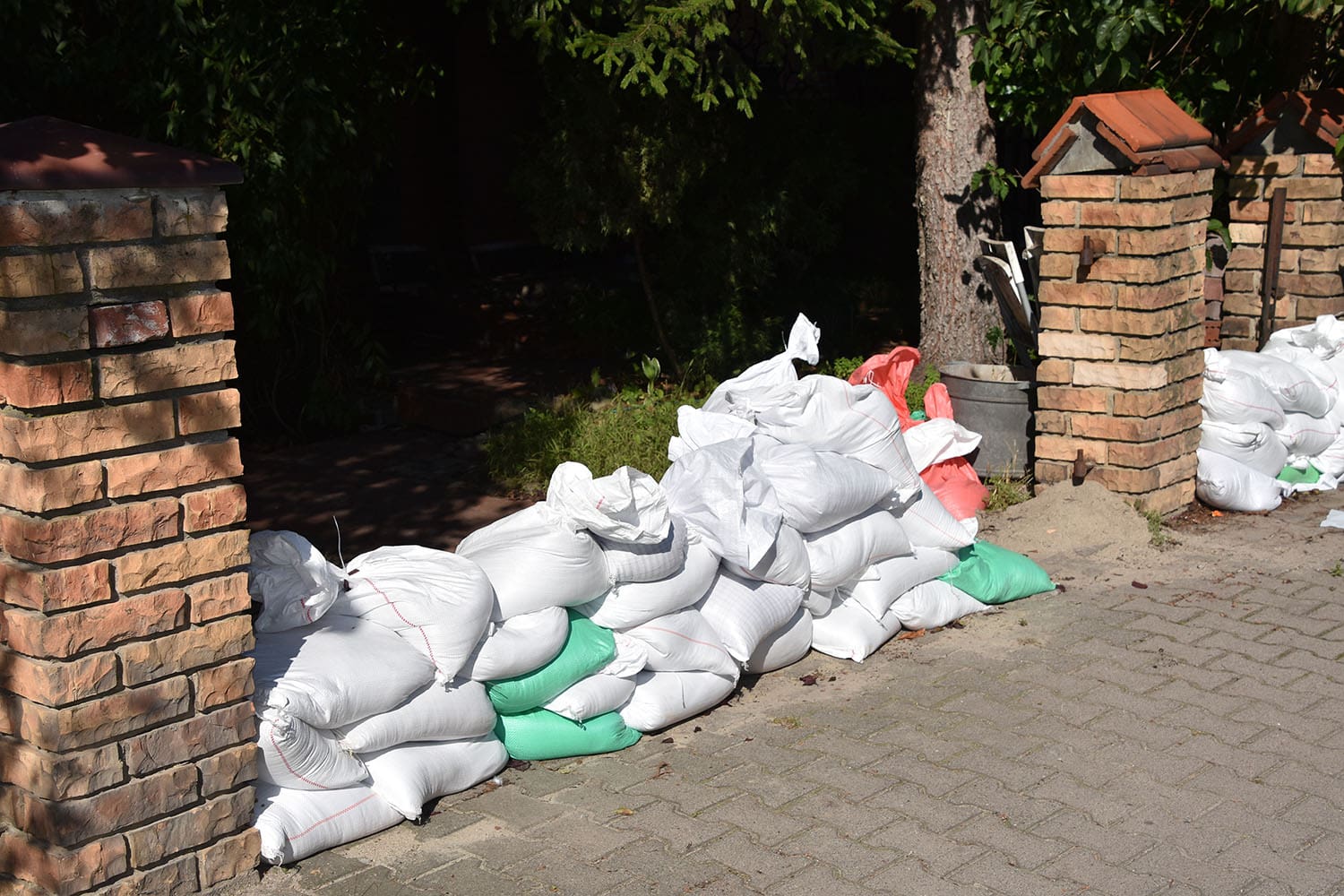Keeping insurance paperwork organized is essential for easy access and reference when needed.
5 tips for where to store your insurance documents:
- Physical file folder: Maintain a dedicated file folder or binder specifically for insurance documents. Label it clearly and divide it into sections for different types of insurance, such as health, auto, or home. Keep it in a secure and easily accessible location, such as a filing cabinet or a fireproof safe.
- Digital storage: Scan your insurance documents and save them as digital files. Create a separate folder on your computer, external hard drives, or cloud storage services, such as Google Drive or Dropbox, for insurance-related documents. Make sure to organize the files in a logical manner to help easily locate them in case of an emergency.
- Online accounts: Many insurance companies offer online portals where you can access and manage your policies. Consider creating an account with each insurance company and save copies of your policy documents, correspondence, and invoices within those accounts. This way, you can access them whenever needed without relying on physical copies.
- Mobile apps: Some insurance companies will provide mobile apps that enable you to access your policy details and related documents on your smartphone. Check with your insurance advisor about which ones offer such apps and utilize them for convenient access to your insurance policies on the go.
- Safe deposit box: For critical insurance documents, like original policy papers, your will or trust documents, or other legal paperwork, you may wish to keep physical copies in a bank’s safe deposit box. For a small annual fee, this ensures an extra layer of protection against theft, fire, or other disasters.
Remember to periodically review your insurance policies and discard any outdated or unnecessary documents to keep your storage system clutter-free and up to date. Also, create a contact in your mobile phone with your insurance advisor or agency’s information. In case of emergency, you won’t have to go searching.
Our team of private risk management advisors is here to help make sure you have safe, secure, storage and access to your important insurance information.
For more information
We’re ready to help when you are. Get in touch and one of our experienced Baldwin advisors will reach out to have a conversation about your business or individual needs and goals, then make a plan to map your path to the possible.
This document is intended for general information purposes only and should not be construed as advice or opinions on any specific facts or circumstances. The content of this document is made available on an “as is” basis, without warranty of any kind. The Baldwin Insurance Group Holdings, LLC (“The Baldwin Group”), its affiliates, and subsidiaries do not guarantee that this information is, or can be relied on for, compliance with any law or regulation, assurance against preventable losses, or freedom from legal liability. This publication is not intended to be legal, underwriting, or any other type of professional advice. The Baldwin Group does not guarantee any particular outcome and makes no commitment to update any information herein or remove any items that are no longer accurate or complete. Furthermore, The Baldwin Group does not assume any liability to any person or organization for loss or damage caused by or resulting from any reliance placed on that content. Persons requiring advice should always consult an independent adviser.






